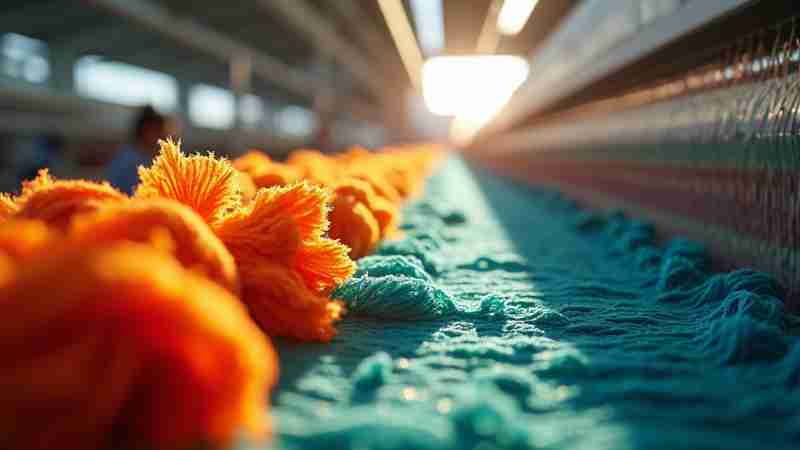Over the past few years, the fashion industry has faced mounting criticism for its significant environmental and social consequences.
The sector, known for its fast-paced production cycles and high consumption rates, has been linked to environmental issues such as excessive water use, pollution from dyeing processes, and the generation of massive amounts of waste.
The increasing popularity of eco-friendly textiles among consumers and brands alike is a direct result of the escalating awareness of the negative environmental and social consequences associated with the fashion industry.
The benefits of sustainable materials
A key advantage of utilising sustainable options is their ability to minimise their adverse effect on the environment. Through the strategic use of these resources, manufacturers can minimise their environmental footprint by reducing waste output, conserving water reserves and decreasing the amount of greenhouse gases released during production.
Moreover, eco-friendly materials frequently require lower energy input levels during manufacturing. Reducing energy consumption allows brands to achieve significant cost reductions. This cost efficiency not only supports financial savings but also enhances the brand’s commitment to sustainable practices.
Emerging trends in eco-friendly textiles
Recent developments in eco-friendly textiles highlight a diverse range of advanced materials that are gaining recognition, with notable examples including pineapple fibre and upcycled fabrics. These cutting-edge options provide numerous advantages while effectively reducing waste and minimising their negative environmental impact through sustainable practices.
Pineapple fibre is a highly versatile material that arises as a byproduct of pineapple harvesting. It can be skilfully transformed into a robust, long-lasting fabric, offering a sustainable alternative to traditional textiles.
Similarly, upcycled fabrics are created by transforming post-consumer products, such as used plastic containers and old garments, into new, earth-friendly textiles. This process not only reduces waste but also contributes to the creation of innovative and sustainable materials for various applications.
As consumers become increasingly environmentally aware and concerned about their impact on the planet, sustainable textiles are poised to revolutionise the fashion industry.
